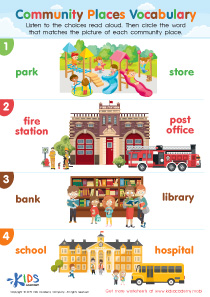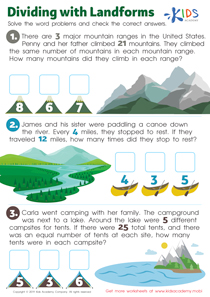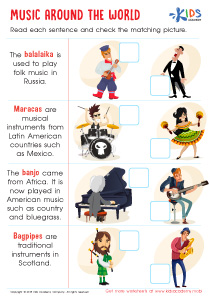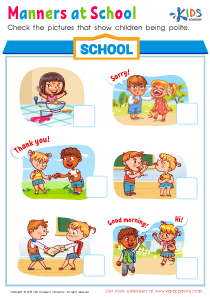Vocabulary Building Normal Kindergarten Social Studies Worksheets
3 filtered results
-
From - To
Enhance your kindergarten classroom with our engaging Vocabulary Building worksheets for social studies! Designed specifically for young learners, these versatile resources help students expand their language skills while exploring essential social concepts. Each worksheet offers fun activities that encourage children to identify and practice key vocabulary words related to communities, cultural traditions, and historical events. The interactive format includes illustrations and prompts that capture students' attention, making learning enjoyable and effective. Empower your kindergarteners to develop a solid vocabulary foundation, setting them up for future academic success. Download these vibrant worksheets today and watch your students thrive in understanding their world!
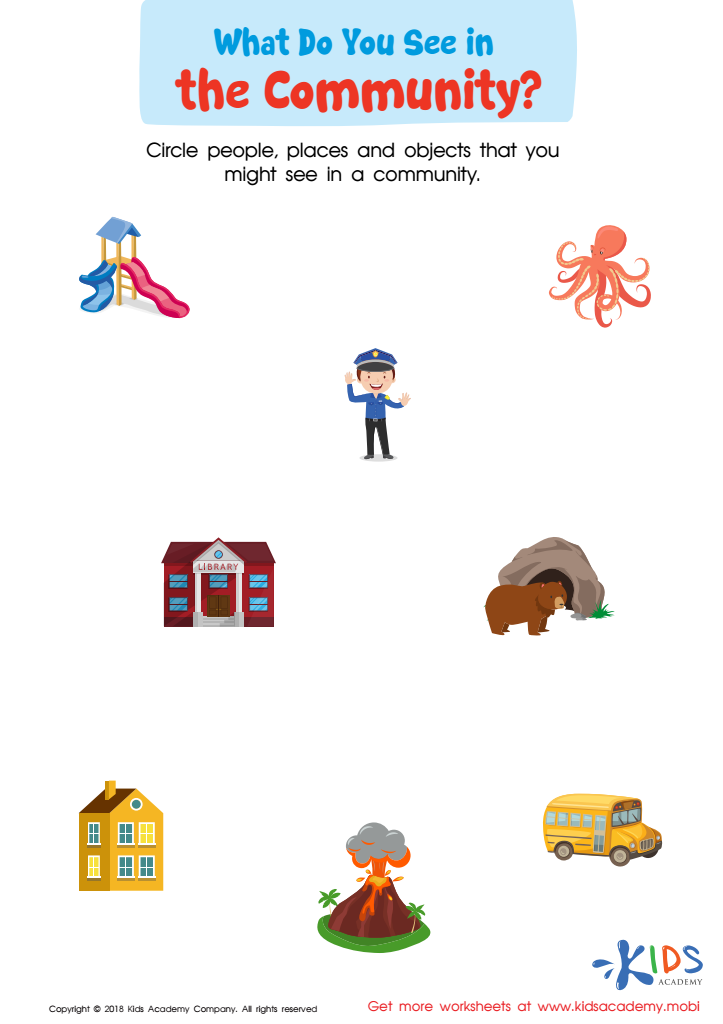

What Do You See in the Community Worksheet
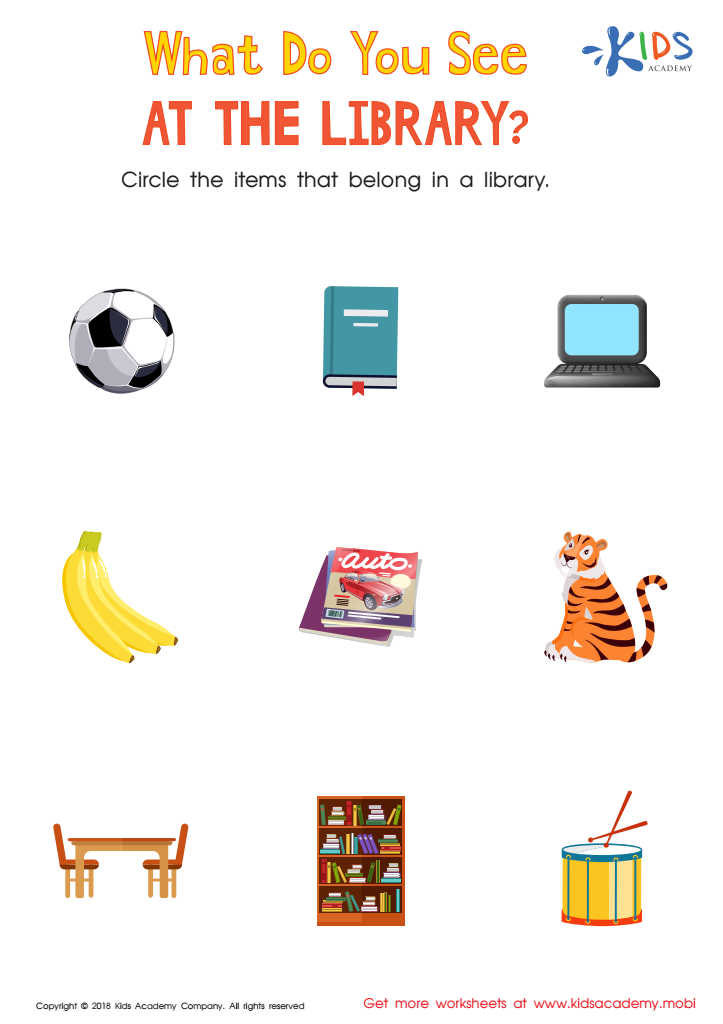

What Do you See at the Library? Worksheet
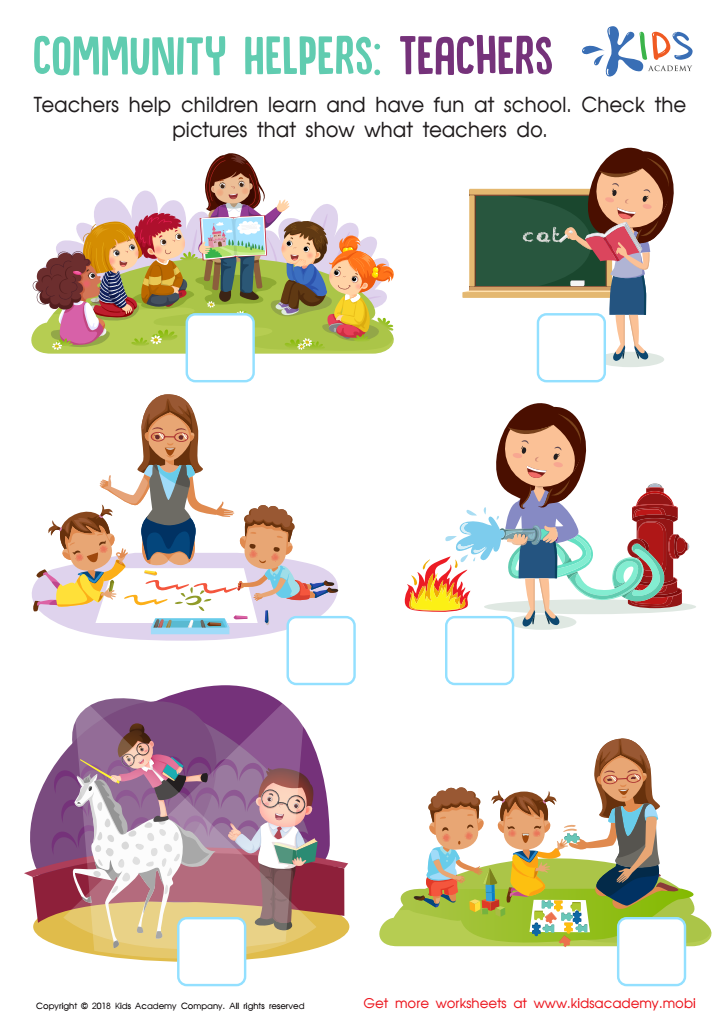

Teachers Community Helpers Worksheet
Vocabulary building in kindergarten social studies is crucial for young learners as it lays the foundation for their language, comprehension, and critical thinking skills. At this formative stage, children are introduced to key concepts about their community, cultures, roles, and civic responsibilities. Having a rich vocabulary enables them to articulate their thoughts and ideas more clearly, enhancing their ability to engage in discussions and connect with their peers.
Understanding essential terms related to social studies helps students make sense of their world and fosters a sense of belonging and identity. As parents and teachers emphasize vocabulary development, they empower children to ask questions, seek information, and form opinions about their surroundings. Moreover, a strong vocabulary correlates with improved literacy skills and overall academic success in later grades.
Furthermore, effective communication skills cultivated through vocabulary building enhance children's social skills and encourage them to express emotions and interact positively with others. By prioritizing vocabulary development within social studies, adults can nurture empathetic and informed citizens capable of contributing thoughtfully to their communities. Ultimately, investing in these skills at an early age sets children on a path towards lifelong learning and active participation in society.
 Assign to My Students
Assign to My Students





.jpg)






